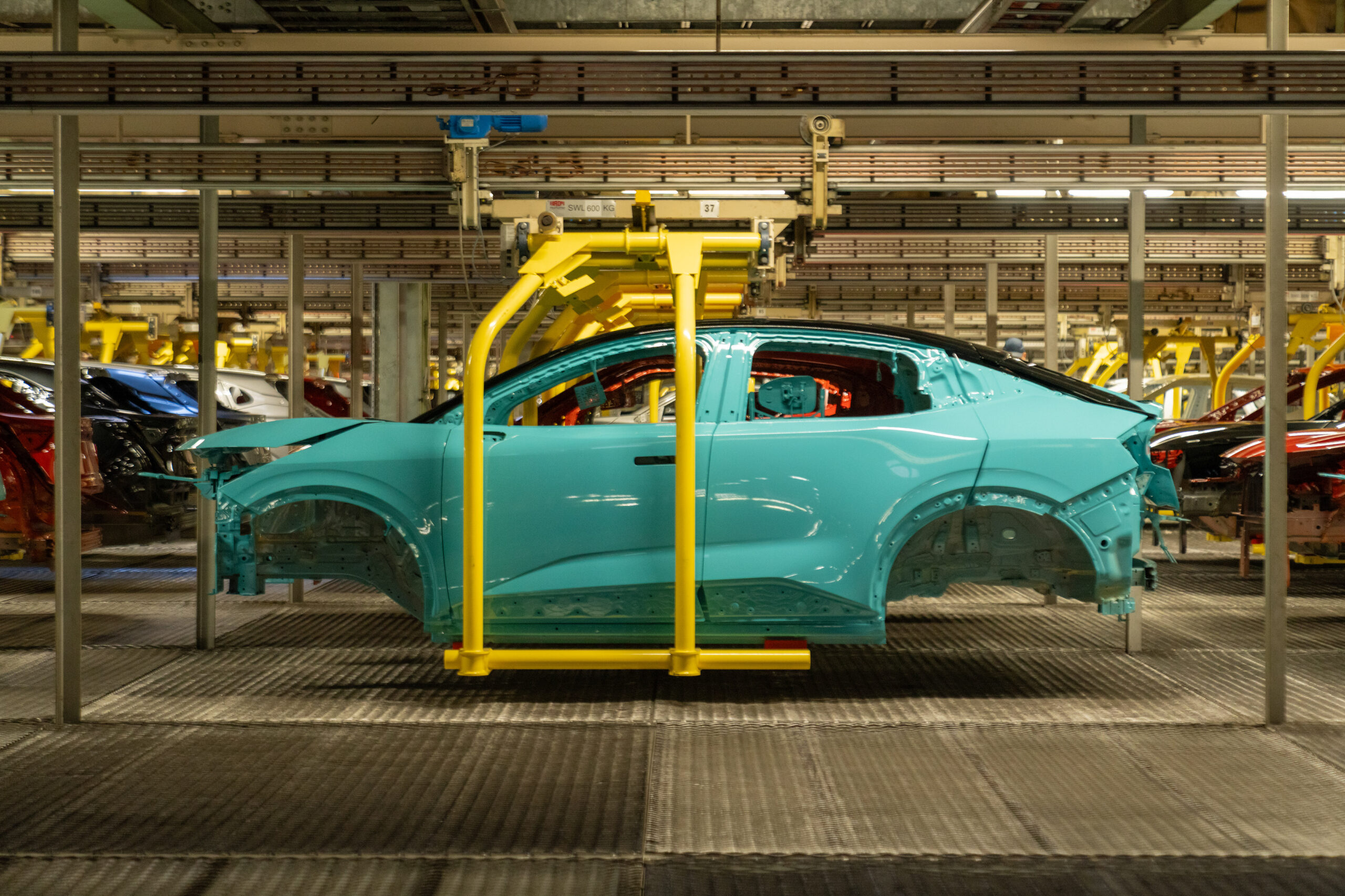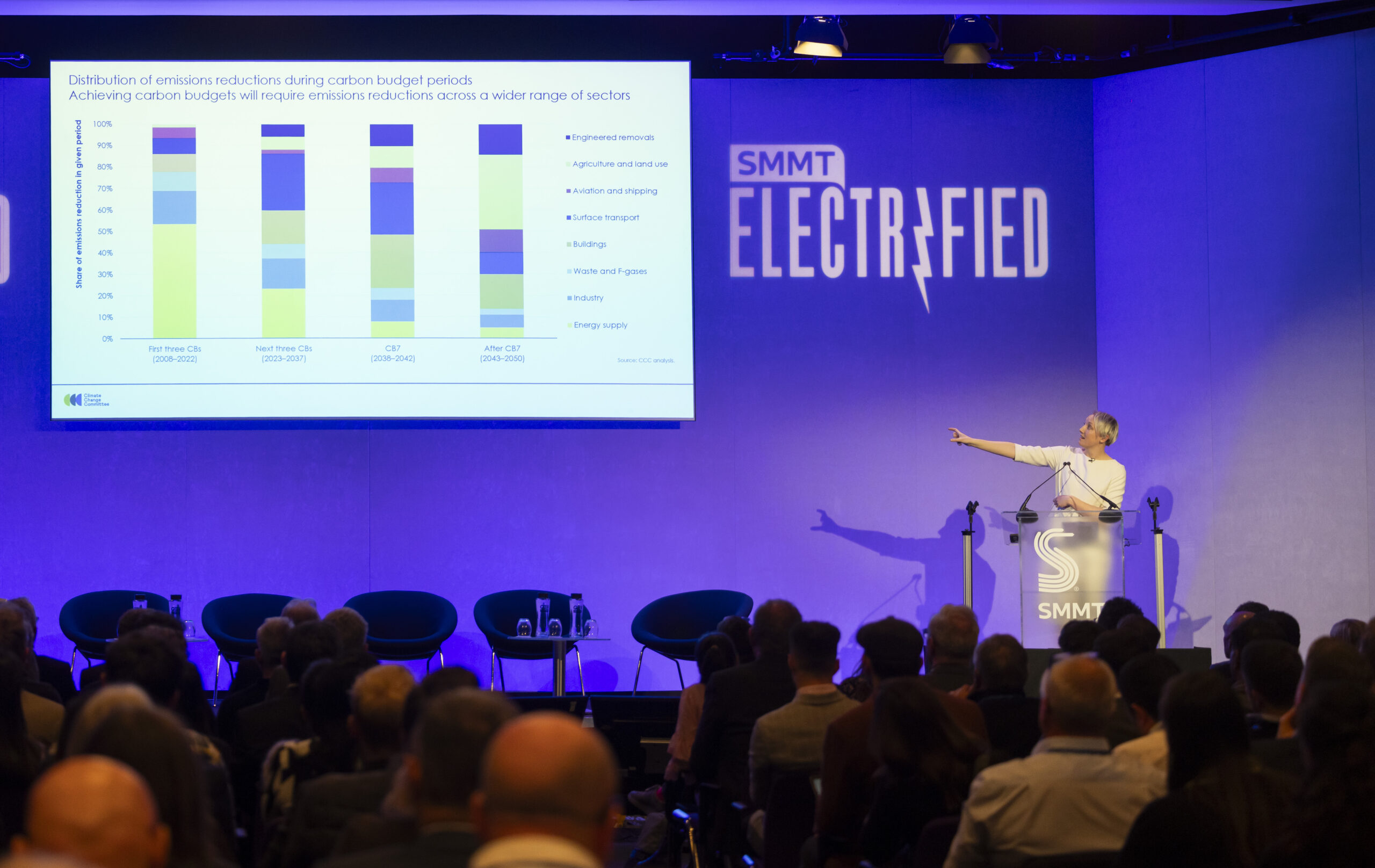
The week the SMMT published the third quarter registration data for Britain’s heavy vehicle sector which faced contrasting fortunes in Q3 2025, with the new bus market slipping after nine quarters of growth – down -17.0% to 1,965 units, ending a long run of expansion. The downturn was driven by a sharp -39.8% fall in minibus demand to 895 units, following exceptional growth last year while, in contrast, single-deck buses surged 35.8% to 626 units and double-deckers edged up 5.7% to 444 units.
It reflects continued investment in urban mobility and despite the quarterly dip, overall year-to-date volumes remain robust – up 26.9% to 7,465 units, the second-best Q3 since 2017. Zero emission uptake also continued to climb, with 563 battery electric buses registered in Q3, up 16.3%, and accounting for 28.6% of all new buses. More than 1,918 zero emission buses have joined UK roads so far this year, cementing Britain’s position as Europe’s largest ZEB market. SMMT continues to stress, however, that sustaining this momentum requires a national charging infrastructure strategy, alongside ongoing Zero Emission Bus Regional Area funding.
The new HGV market, meanwhile, contracted by -14.5% to 9,272 units in Q3 as fleet renewal continues to normalise after three years of post-pandemic growth. Rigids, still the largest segment, slipped -22.2% to 5,185 units while artics were down -2.0% to 4,087 units. A return to growth will be needed soon but there are already green shoots with ZEV HGV registrations quadrupling, by 341.2% to 225 units, to achieve a record 2.4% market share. Year-to-date volumes now stand at 408 units, up 145.8%, making the UK Europe’s second-largest ZEV truck market.
Manufacturers are offering more than two dozen ZEV HGV models but some operators are facing major barriers to investing in them, including high upfront costs and grid connection delays – with some depots facing waits of up to 15 years. Industry welcomed government’s Depot Charging Scheme but calls for fast-tracking depot upgrades to match priorities given to data centres and renewable projects.
With the latest heavy vehicle registrations demonstrating accelerating green growth, continued government support on infrastructure and incentives will be vital to keep Britain’s bus and truck fleets moving toward net zero.


